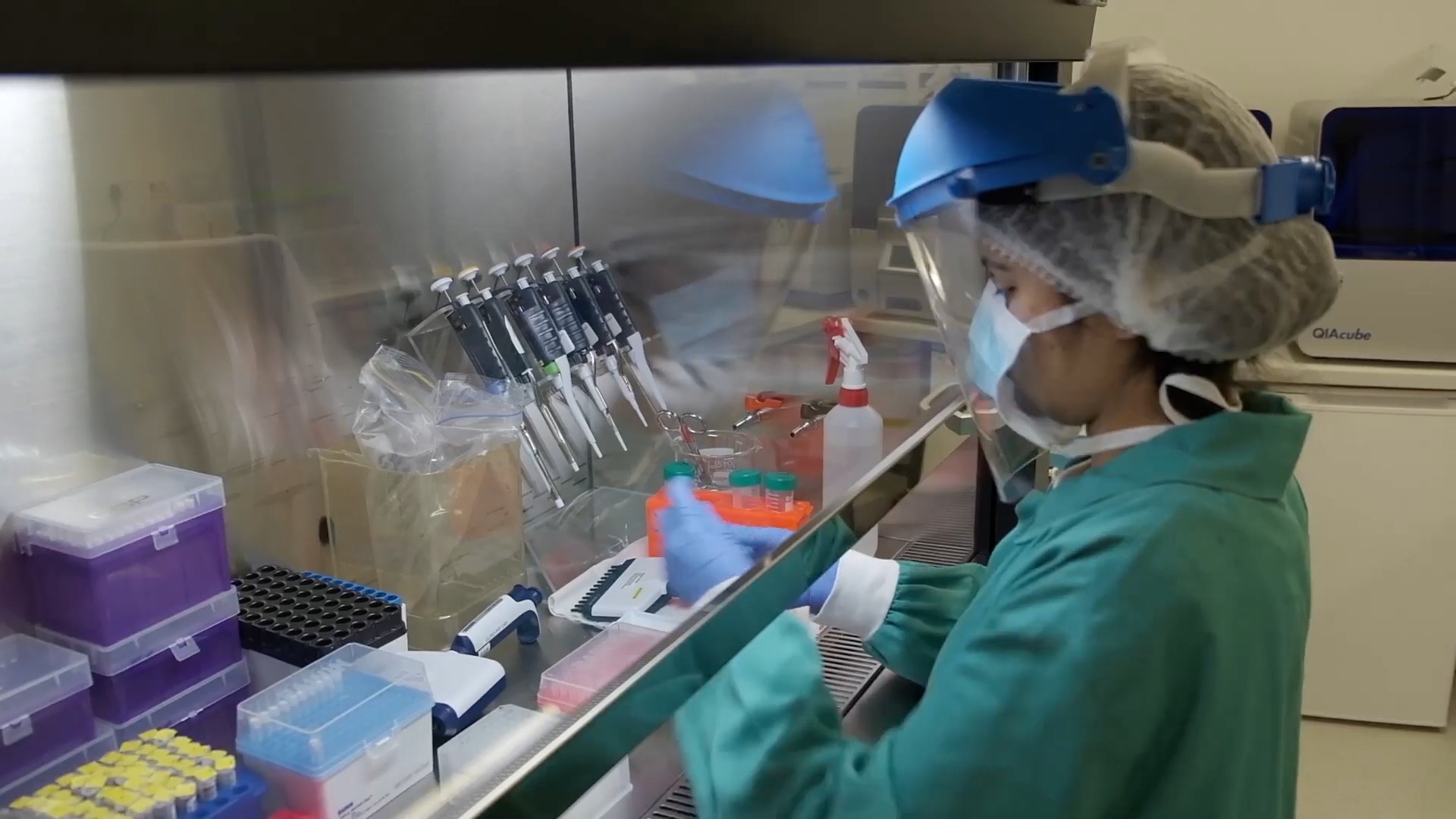After South Africa's health minister announced the discovery of a new coronavirus strain on Thursday, UK officials announced that six African countries will be added to England's travel "red list."
UK's Health Minister Sajid Javid said flights to the UK from South Africa, Namibia, Lesotho, Botswana, Eswatini and Zimbabwe will be suspended from midday Friday and all six countries will be added to the red list – meaning UK residents and British and Irish nationals arriving home from those points of departure must undergo a 10-day hotel quarantine at their own expense.
"UKHSA is investigating a new variant. More data is needed but we're taking precautions now," Javid said, adding the variant identified in South Africa "may be more transmissible" than the Delta strain and that "the vaccines that we currently have may be less effective."
This comes after the UK Health Security Agency flagged concern over the new Covid-19 strain.
Javid added the UK "hasn't detected any of this new variant" in the country so far.
On Friday, South African officials will brief the World Health Organization, which has classified B.1.1.529 as a "variant under monitoring."
South Africa, like much of the region, has suffered through three significant Covid-19 waves since the pandemic's start. While the number of new infections across the country is now still relatively low and positivity levels are under 5%, public health officials have already predicted a fourth wave because of a slow vaccine uptake.



